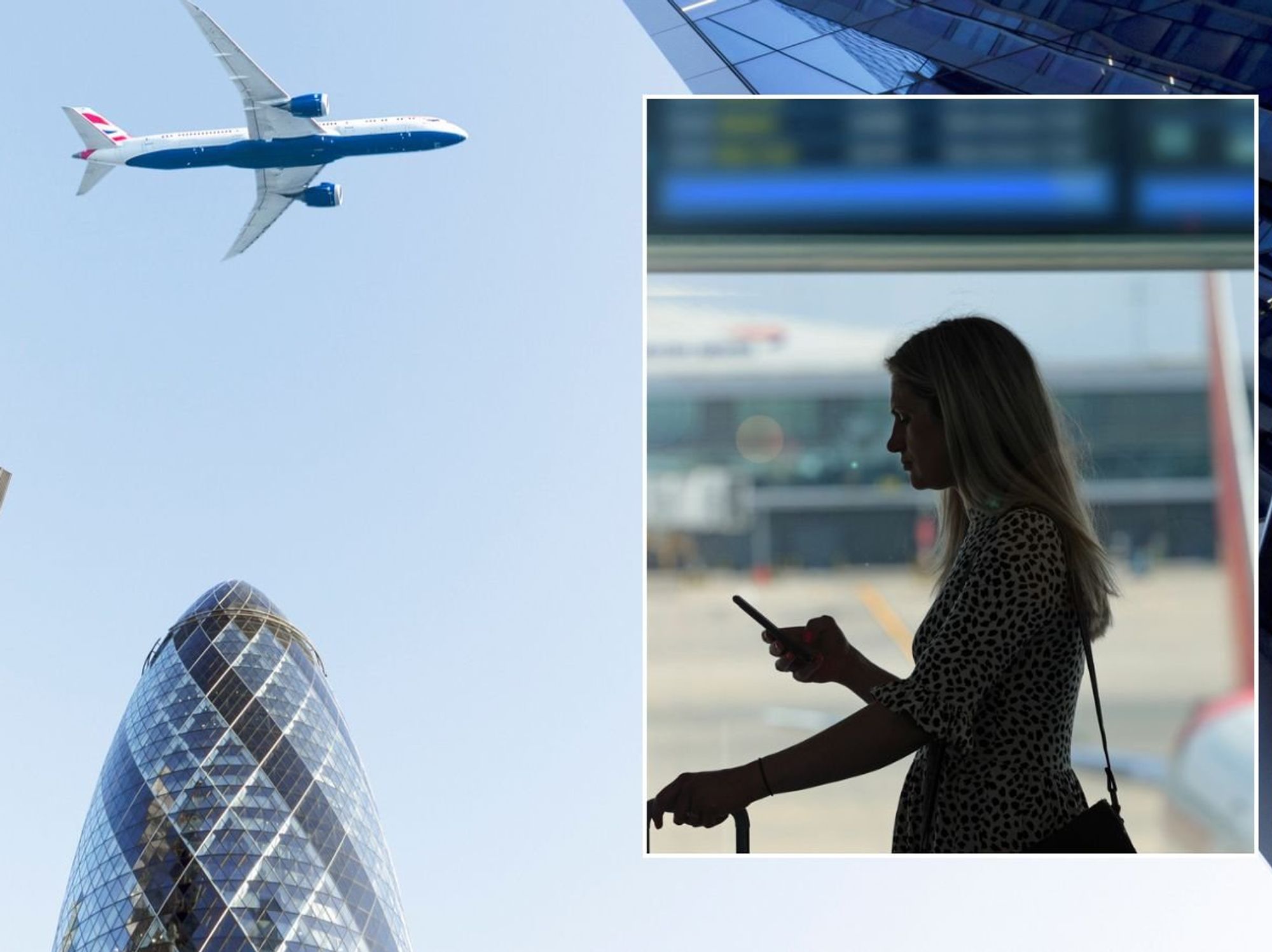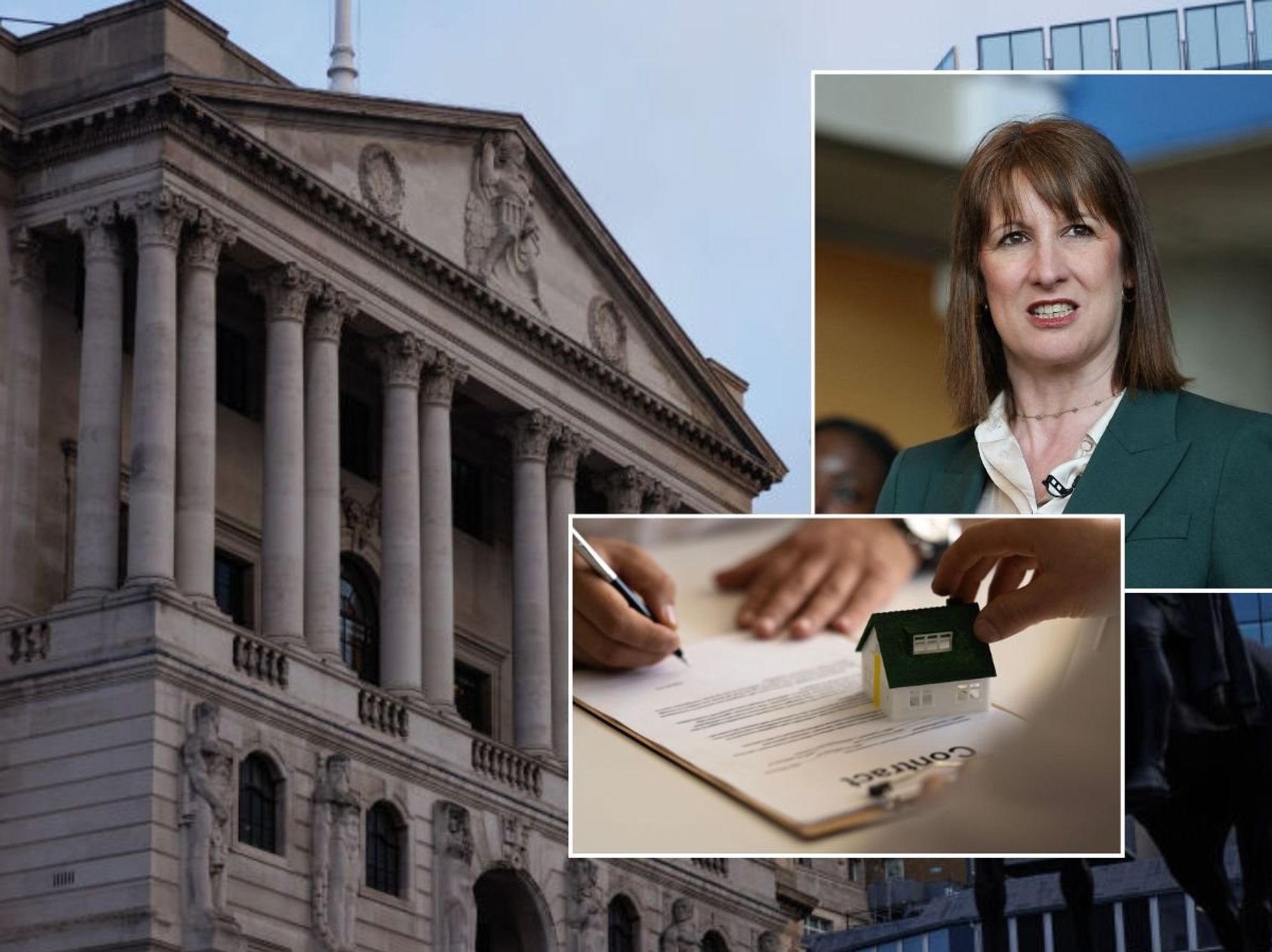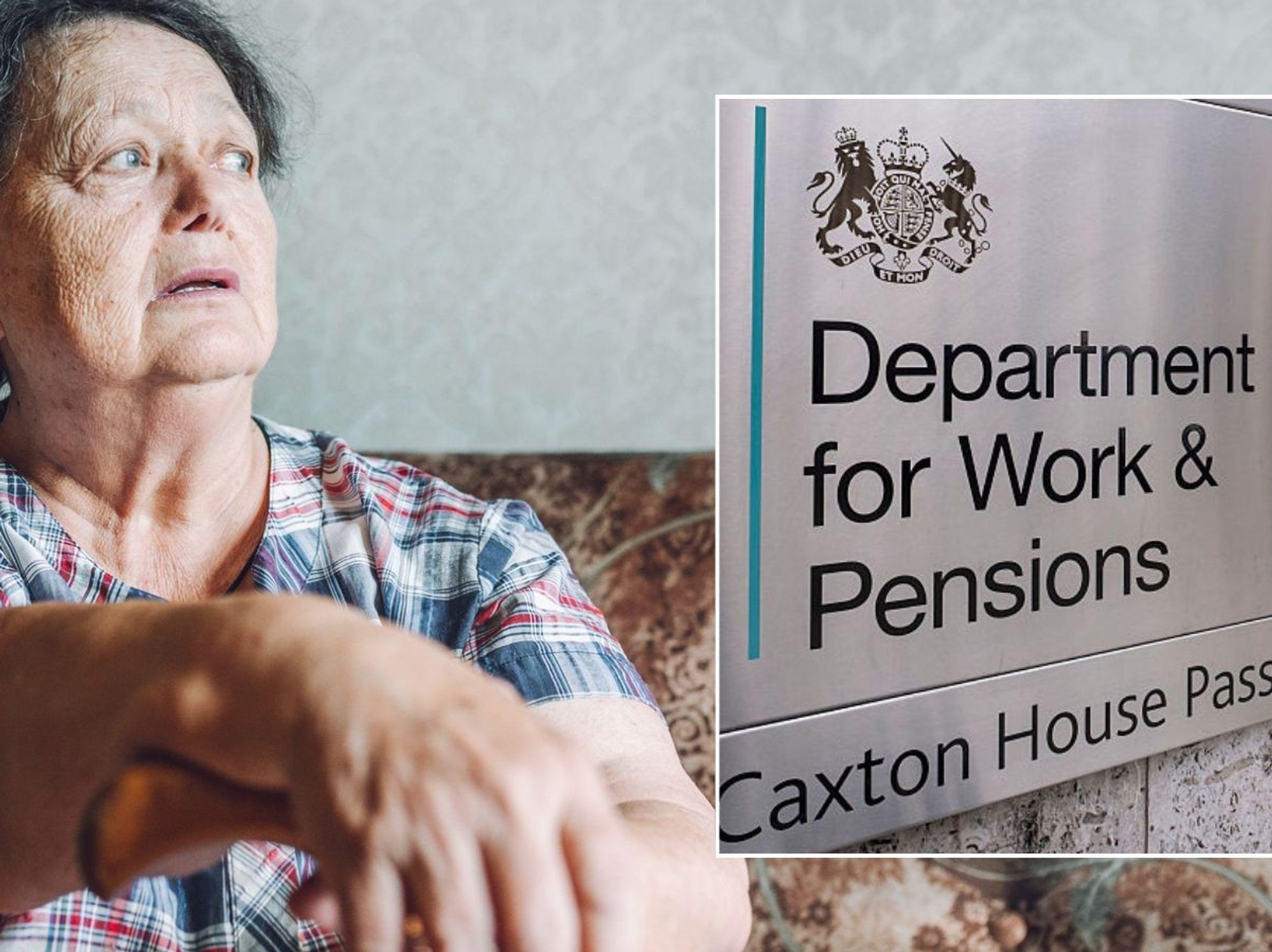'Britain could lead the world!' CEO urges UK to 'invest' in AI as economy could get £550bn GDP boost

Tahaluf CEO Mike Champion spoke with GB News about what the UK economy can learn from Saudi Arabia and why entrepreneurs must embrace the AI revolution
Don't Miss
Most Read
Mike Champion is a British business leader who has made his name on the global stage. As the CEO of Tahaluf, one of the world’s fastest-growing events companies, and the co-founder of LEAP—the largest tech gathering on the planet—he’s at the heart of the AI revolution.
Speaking to GB News, Champion shares his views on how artificial intelligence is reshaping the economy, British business, and the everyday lives of ordinary people.
Q: How is AI transforming the economy?
Champion: AI is the most significant technological revolution of our time, surpassing even the industrial revolution. What makes it unique is the speed of change. Jobs won’t simply be replaced—they’ll be augmented.
By 2050, the World Economic Forum says up to 60 per cent of roles in advanced economies will be automated or transformed. For the UK, the potential is huge. A Microsoft-commissioned report estimates AI could boost GDP by up to £550billion by 2035.
**ARE YOU READING THIS ON OUR APP? DOWNLOAD NOW FOR THE BEST GB NEWS EXPERIENCE**
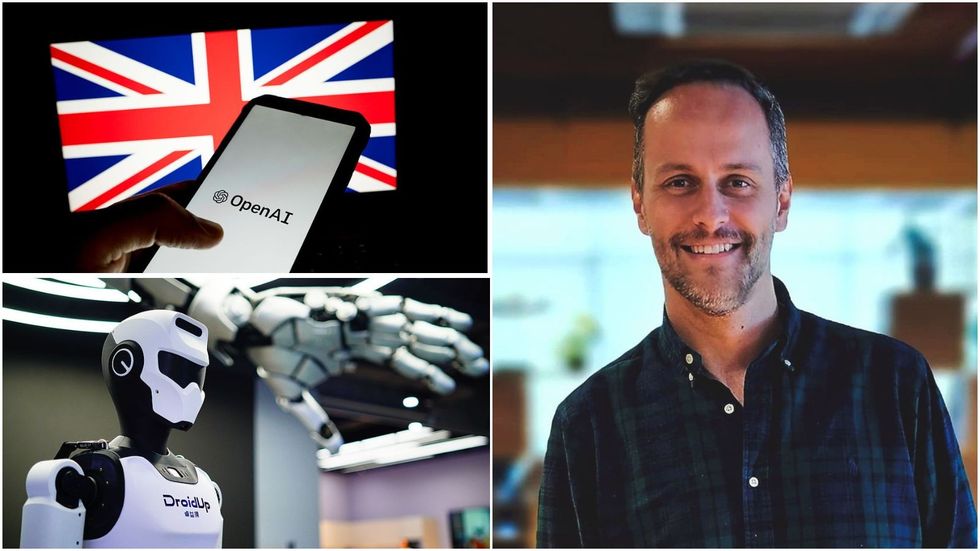
Mike Champion is one of many British business titans leading the AI revolution
|MIKE CHAMPION / GETTY
Q: Saudi Arabia has been making big moves in AI. What can Britain learn?
Champion: Data and AI are central to Saudi Arabia’s Vision 2030. At LEAP this year alone, over $14.9billion in AI investments were announced. Google is even opening a global AI centre there.
We’ve seen remarkable human stories too. At DeepFest, the largest AI event in the region, two brothers who lost their mother to breast cancer showcased AI research into cures.
They were then invited by Saudi Arabia’s Ministry of Health to accelerate their work. It shows how strategic investment can connect global innovation with life-changing outcomes.
Q: How will ordinary people feel the impact?
Champion: Unlike previous industrial revolutions, AI is accessible. It empowers individuals and small businesses as much as large corporations.
Do you have a money story you’d like to share? Get in touch by emailing money@gbnews.uk.

Britons have used AI more and more thanks to generative chatbots, such as Chat GPT
|GETTY
People will see more personalised healthcare, more efficient education, and cheaper essential services through automation. These are tangible, positive impacts.
Q: What should British businesses be doing now?
Champion: First, invest in reskilling and upskilling. The workforce must be ready for AI-driven roles. Second, be patient.
The return on AI investment isn’t instant—it’s a two- to three-year journey. Some of the most successful AI deployments weren’t profitable in year one, but they allowed companies to dominate later.
And leaders need to cut through the noise. With so many AI tools on offer, the key questions are: how does the system learn, how does it improve, what data powers it, and how much human input does it need?
MEMBERSHIP:
- MAPPED: Full list of local authorities housing hotel migrants - how many are in YOUR area?
- REVEALED: The 32 seats that could parachute Nigel Farage into No10 as General Election petition hits 800k
- Think Reform has gone soft? Farage's migration blueprint will leave you eating your words - Ann Widdecombe
- REVEALED: Panic stations for Keir Starmer as migrant hotel fury sparks ballot box revenge in 20 seats
- Lucy Connolly's release is a step in the right direction, but the screws are turning – Matthew Goodwin
Q: Where does the UK stand in the global AI race?
Champion: The UK has strengths—world-class research institutions, companies like DeepMind, and an AI Safety Institute providing regulatory oversight. The Government’s AI Opportunities Action Plan is also a step in the right direction.
But the environment is competitive. The UK needs to invest at scale if it wants to stay at the forefront. If we get it right, the NHS could see cost savings, industries could be transformed, and Britain could lead the world. If not, we risk falling behind countries that are already sprinting ahead.
LATEST DEVELOPMENTS:
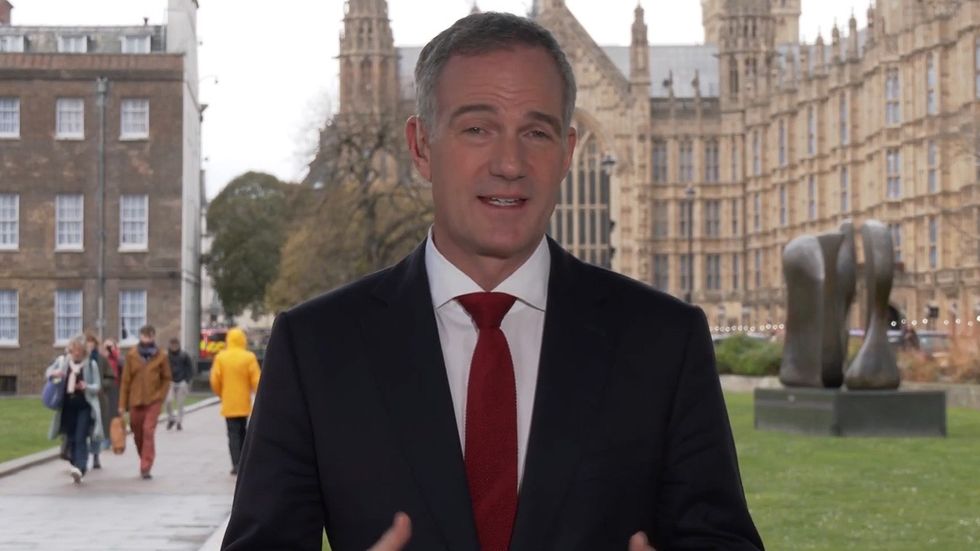
Labour minister Peter Kyle has spearhead the Government's AI efforts
| GB NewsHow is AI currently impacting the UK economy?
According to Office for National Statistics (ONS) figures from March 2025, only 18 per cent of British businesses were actively using AI as part of their operations.
While projections vary, AI could raise gross domestic product (GDP0 by 0.1 per cent to one per cent over the next five years with 180,000 jobs expected to be impacted.
The Global Institute claims GDP gains could oscillate between 0.6 per cent and six per cent by 2035 depending on fast technology is adopted in Britain.
Government estimates suggest that AI and machine learning alone could bolster real GDP by 2.98 per cent by the same same, which is worth roughly £73.9billion.








